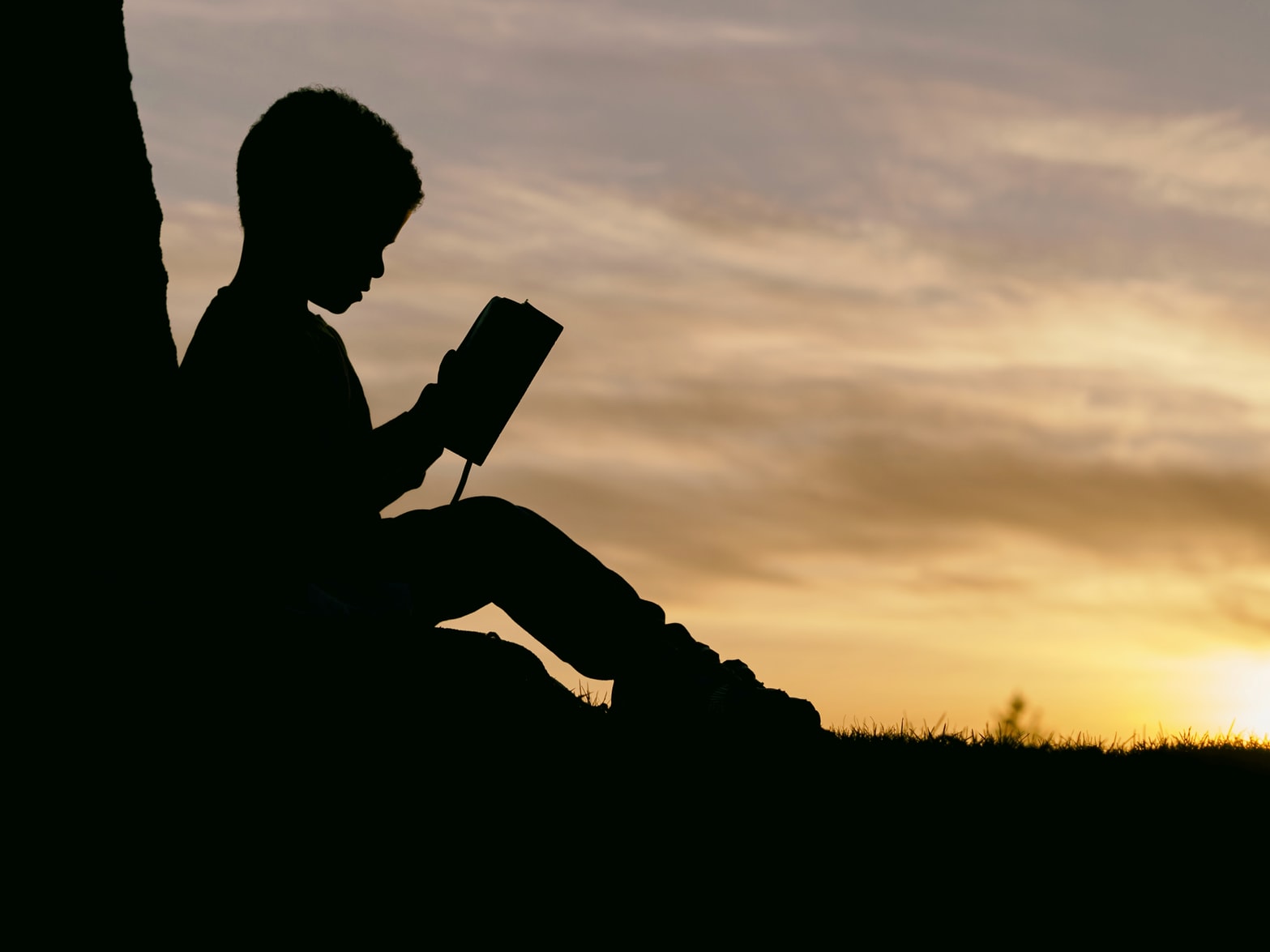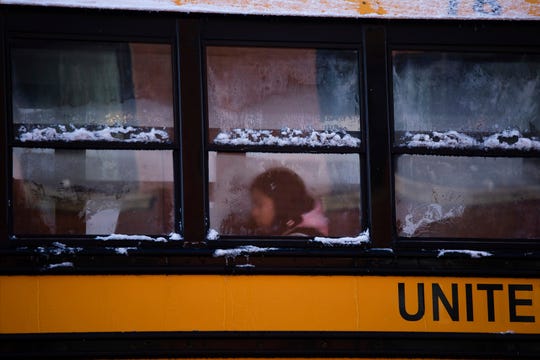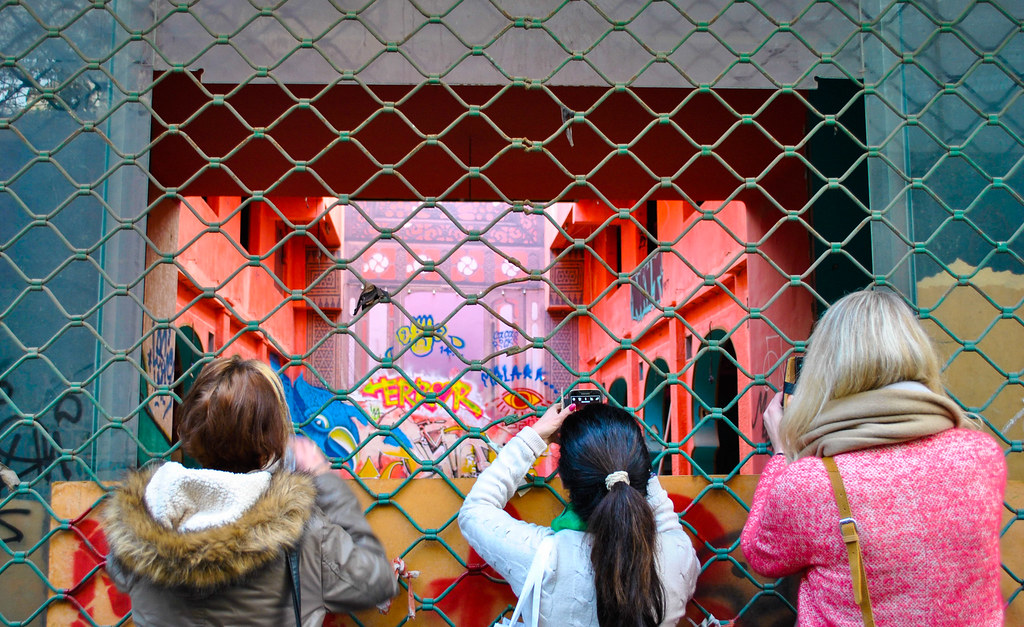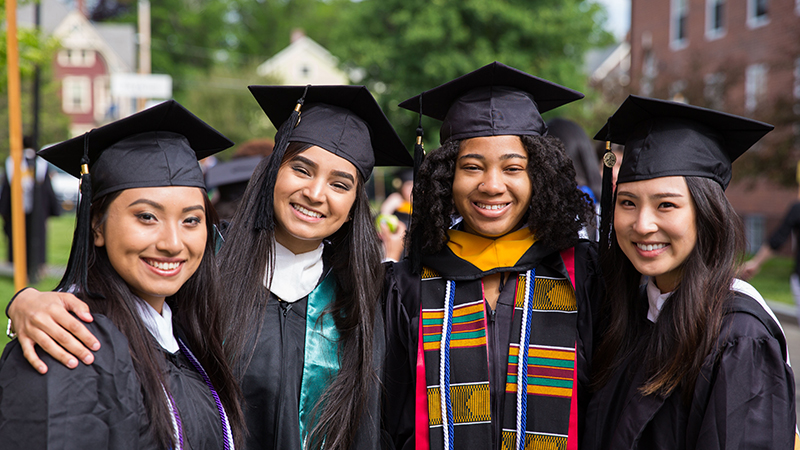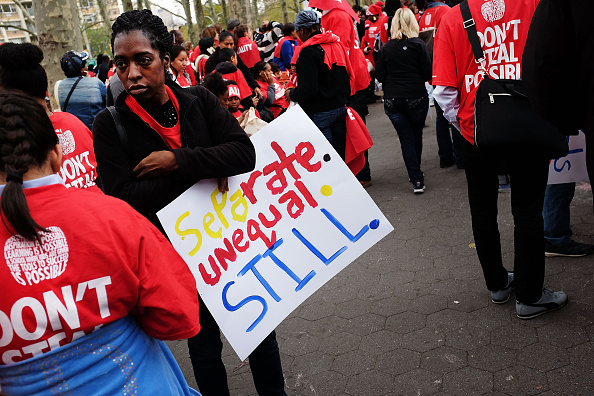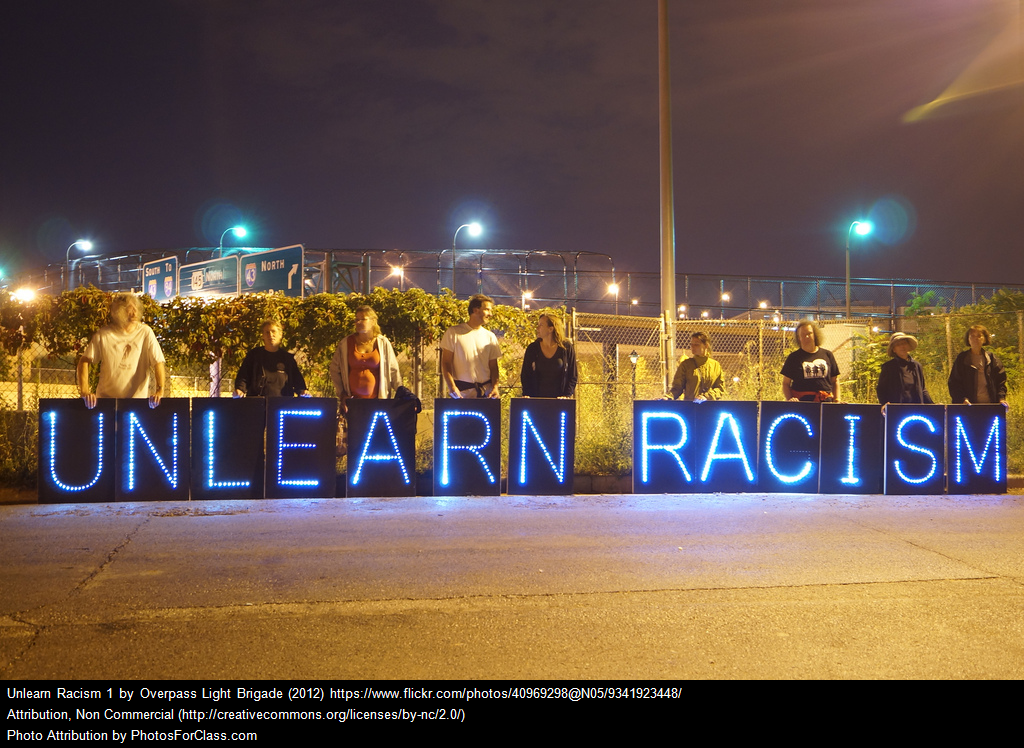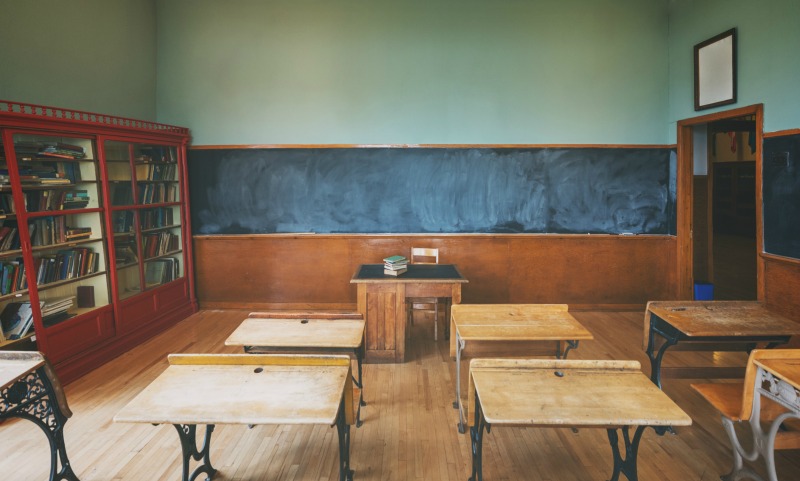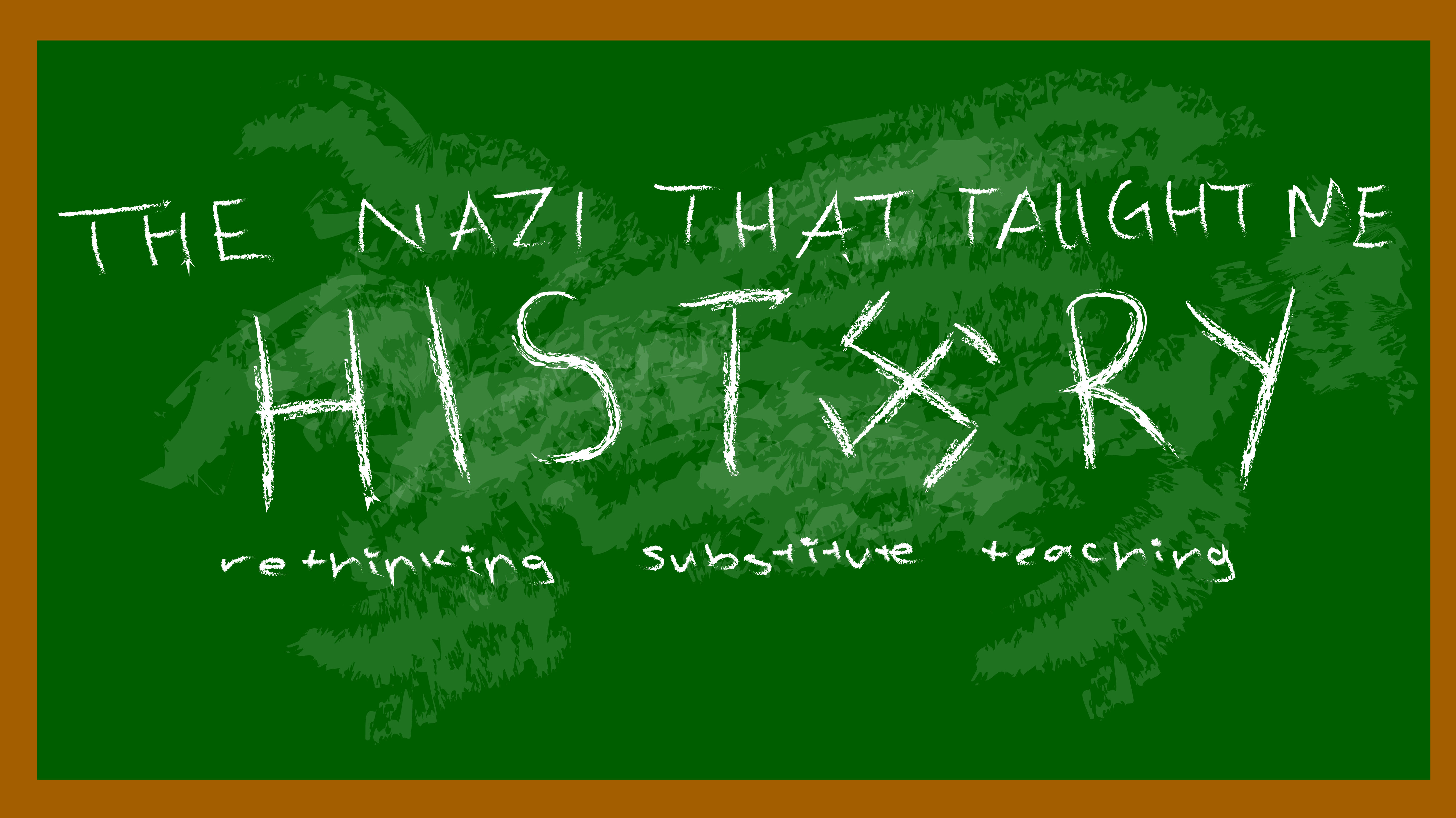Just over a month ago, an analysis of U.S. History textbooks in two politically-opposed states graced the New York Times front page to explain how education reinforces our country’s deep partisan divides, bringing forth to mainstream news a reality that scholars in Education have long-prior known to be true: In the words of Paolo Freire, “all education is political.” The prejudices passed down through education, however, extend beyond just the reinforcement of partisan tactics in a divided country. The words and beliefs we repeat to our country’s youth can and do perpetuate social inequality, racism, sexism, homophobia, and a fear and dislike of the unknown and unrepresented.
Leave a CommentCategory: Op-Eds
Imagine going through school knowing you were capable of so much more than what the special education label had designated you to. Imagine having all…
Leave a CommentIt is 8 am on a snowy Tuesday, and I am folding laundry at Fort Hill Early Childhood Center, the daycare and preschool affiliated with…
Leave a CommentAccording to the Institute of International Education’s 2019 Open Doors report, there are over one million international students in the U.S., forming 5.5 percent of its higher-education population. Globalization, cultural diversity in the U.S. classroom, academic achievements, and international students’ contributions to the economy are some of the critical reasons students attend these schools, and the schools accept them. The International Students Office and Admission Office in U.S. schools try to provide a safe and welcoming space for students. Still, cultural differences, language barriers, and an unfamiliar education system generate challenges. I studied until 10th grade in Ladakh, India. But I spent my junior and senior years of high school in Congers, New York. The transition from an Indian education to the U.S. system was immensely challenging. Initially, I was only concerned about the language barrier. I knew my teacher would speak English as fast as the subtitled Hollywood movies I had watched. But I wasn’t aware of differences in academic expectations, for example, critical thinking, office hours, and participating in class discussion.
Leave a Comment“Am I good enough for this institution? Am I competitive enough for my peers? Am I smart?” were thoughts that haunted me every night of my sophomore year until 2:00 or 3:00 AM in the morning while a dim light from the street was the only hope I could possibly see for a brighter future.
Being lost and overwhelmed is a common feeling for many students transitioning from high school to college. According to data collected by the American College Health Association in Spring 2019, 46.2% of college students that felt too depressed to function were first and second-year students. In particular, students who identify as members of historically oppressed identity groups such as low-income, LGBTQ, students of color, and international students are more prone to experience microaggressions and emotional trauma during their college career. To help students with their transition, colleges should carefully design their first-year seminar classes, across multiple disciplines, around topics of identity development and learning as a life-long journey. Such a curriculum will teach students about the art of discourse and skills to bridge the information gap in their knowledge.
Leave a CommentThe sign on the front of Peck Middle School reads “Welcome! ¡Bienvenidos!” However, the school is far from welcoming. The classrooms fluctuate between being ice cold and boiling hot, with malfunctioning or broken heaters and windows that are stuck shut. In the morning, students shiver at their desks, still wearing their winter coats. By afternoon, however, the muggy rooms lead sweaty students to nod off at their desks, and teachers to fan themselves as they teach. The cafeteria is grey and dismal, with a salad bar that never contains more than a few moldy lettuce leaves, and a daily offering that consists of pizza and hamburgers. Students pick unhappily at their lunches, often dumping uneaten trays of food into the trash. What message is a school like this sending to its students?
Leave a Comment
On a rainy day in April, Gav Bell entered their 12th-grade American history class to find two long tables pushed together in the center of the room with black fabric hanging down covering all sides. The teacher entered the room and promptly directed students to “get down and crawl under the tables together”. Once Gav and their fellow classmates were in the dark under the tables, squeezing their knees tightly to minimize unwanted physical contact, their teacher began to read them a passage describing conditions on the slaves ships transporting Africans through the middle passage: the voyage which brought over captured Africans to North America to be sold at slave auctions. Gav Bell is my best friend and this was an entry lesson in their highschool class’s unit on slavery.
Leave a CommentEveryone has a bad substitute teacher story, one that made you really question how some people became substitutes, but I believe mine takes the cake. There was a substitute teacher often called on by the history teachers to fill in for their classes. Gregory Conte was an alum of my high school, Quince Orchard. During his time as a student, he ran track and field, named the school’s dedicated league of football fans “The Red Army,” and excelled in academics. After graduating from Georgetown University, he returned to Quince Orchard as a substitute teacher.
Leave a Comment